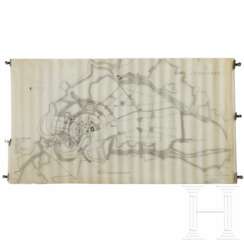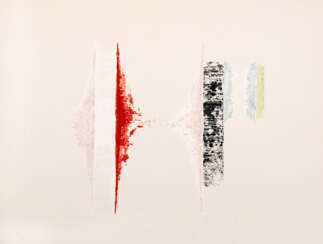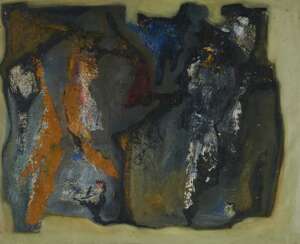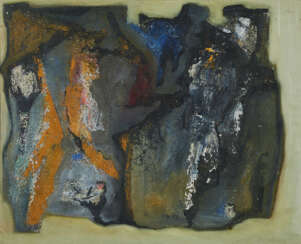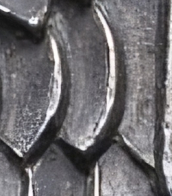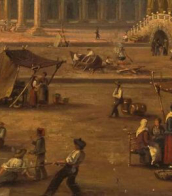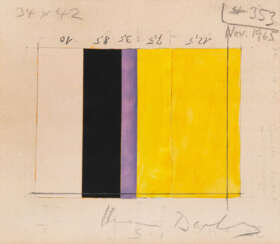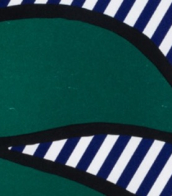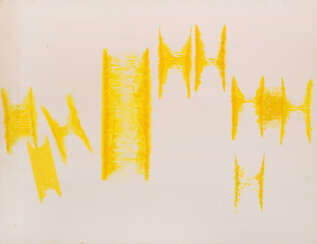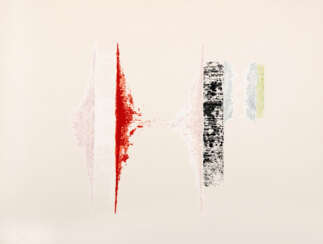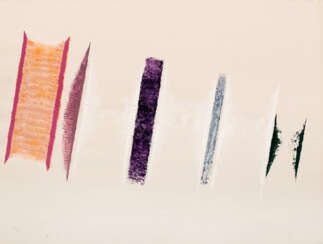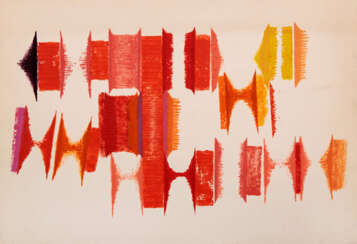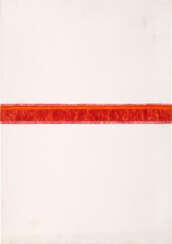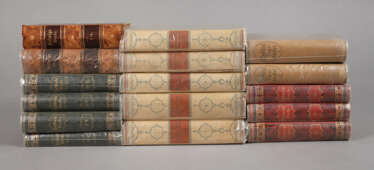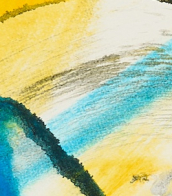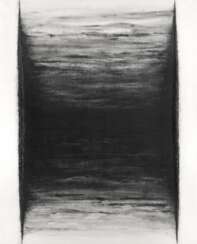hermann bartels
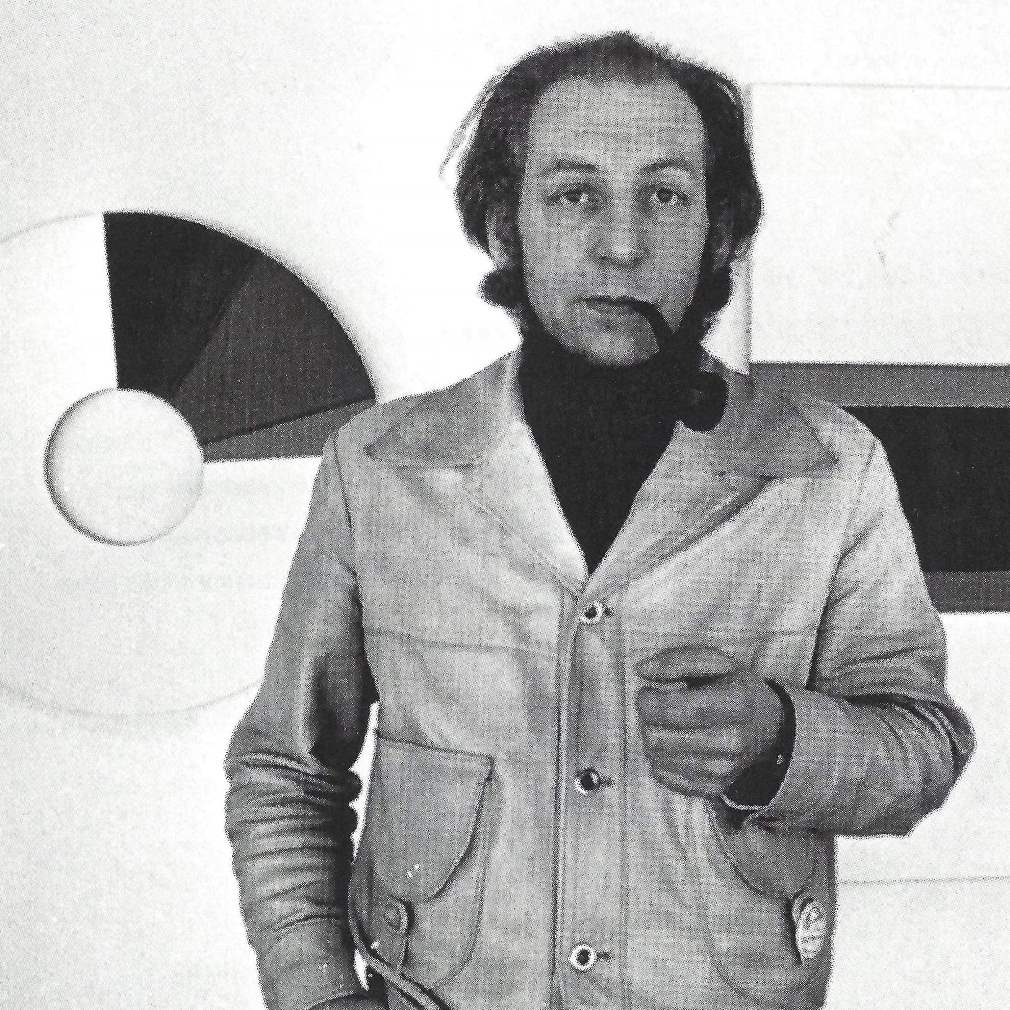
Hermann Bartels is a German artist close to the ZERO movement.
He explored the object nature of painting and moving beyond the two-dimensional surface of the canvas. In the 1950s Bartels worked with thick masses of color and expressive and intuitive strokes, creating white Fleckenbilder. Later he developed the unique technique of strip-sponging, in which he placed colored canvas strips parallel to one another on a white primed canvas. Using this method, Bartels transformed the canvas into a relief that could react more strongly to light and shadow than before. In addition to exploring the three-dimensional picture-object, color also played a crucial role for Bartels, whether in his informal and monochrome painting or in the alternating parallel montages in which he arranged the strips of canvas into a single work.
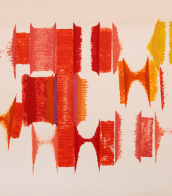

Hermann Bartels is a German artist close to the ZERO movement.
He explored the object nature of painting and moving beyond the two-dimensional surface of the canvas. In the 1950s Bartels worked with thick masses of color and expressive and intuitive strokes, creating white Fleckenbilder. Later he developed the unique technique of strip-sponging, in which he placed colored canvas strips parallel to one another on a white primed canvas. Using this method, Bartels transformed the canvas into a relief that could react more strongly to light and shadow than before. In addition to exploring the three-dimensional picture-object, color also played a crucial role for Bartels, whether in his informal and monochrome painting or in the alternating parallel montages in which he arranged the strips of canvas into a single work.
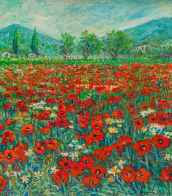

Hermann Bartels is a German artist close to the ZERO movement.
He explored the object nature of painting and moving beyond the two-dimensional surface of the canvas. In the 1950s Bartels worked with thick masses of color and expressive and intuitive strokes, creating white Fleckenbilder. Later he developed the unique technique of strip-sponging, in which he placed colored canvas strips parallel to one another on a white primed canvas. Using this method, Bartels transformed the canvas into a relief that could react more strongly to light and shadow than before. In addition to exploring the three-dimensional picture-object, color also played a crucial role for Bartels, whether in his informal and monochrome painting or in the alternating parallel montages in which he arranged the strips of canvas into a single work.
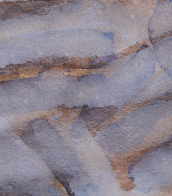

Hermann Bartels is a German artist close to the ZERO movement.
He explored the object nature of painting and moving beyond the two-dimensional surface of the canvas. In the 1950s Bartels worked with thick masses of color and expressive and intuitive strokes, creating white Fleckenbilder. Later he developed the unique technique of strip-sponging, in which he placed colored canvas strips parallel to one another on a white primed canvas. Using this method, Bartels transformed the canvas into a relief that could react more strongly to light and shadow than before. In addition to exploring the three-dimensional picture-object, color also played a crucial role for Bartels, whether in his informal and monochrome painting or in the alternating parallel montages in which he arranged the strips of canvas into a single work.

